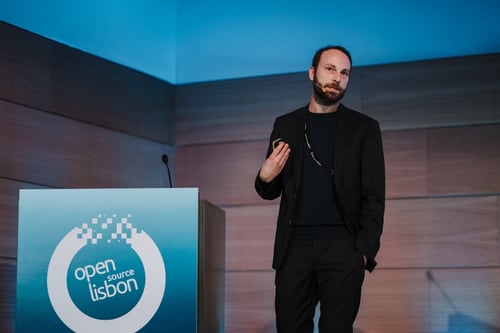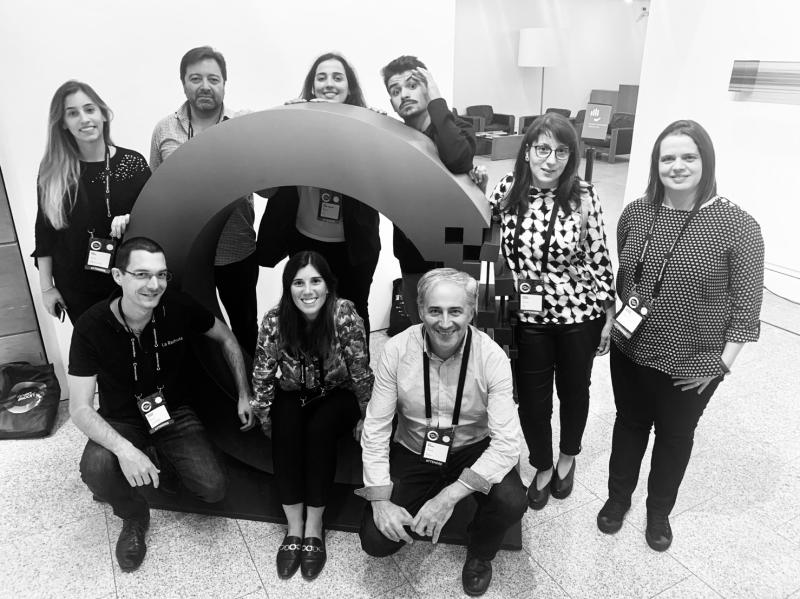By Guest Author Alexander Sander, EU Policy Manager @ FSFE and speaker @ Open Source Lisbon 2019
Digital services offered and used by our public administrations are the critical infrastructure of 21st century democratic states. In order to establish trustworthy systems, public bodies must ensure they have full control over the software and the computer systems at the core of our state digital infrastructure.
Software is deeply involved in all aspects of our lives; and it is important that this technology empowers rather than restricts us.
Free Software gives everybody the rights to use, understand, adapt and share software. These rights help support other fundamental freedoms like freedom of speech, press and privacy.
We need software that fosters the sharing of good ideas and solutions in a transparent and open way. We need software that guarantees freedom of choice, access, and competition. We need software that helps public administrations regain full control of their critical digital infrastructure, allowing them to become and remain independent from a handful of companies.
Public institutions spend millions of euros each year on the development of new software tailored to their needs. The procurement choices of the public sector play a significant role in determining which companies are allowed to compete and what software is supported with tax payers' money.
Public administrations on all levels frequently have problems sharing code with each other, even if they funded its complete development. Furthermore, without the option for independent third parties to run audits or other security checks on the code, sensible citizen data is at risk.
Administrations should modernise their digital infrastructure to allow other public administrations, companies, or individuals to freely use, study, share and improve applications developed with public money. Thereby providing safeguards for the public administration against being locked in to services from specific companies that use restrictive licences to hinder competition.
Therefore, the FSFE started the "Public Money? Public Code!" campaign. We want legislation requiring that publicly financed software developed for the public sector be made publicly available under a Free and Open Source Software licence. If it is public money, it should be public code as well. Code paid by the people should be available to the people!

The "Public Money? Public Code!" campaign aims to set Free Software as the standard for publicly financed software. Public administrations following this principle can benefit from collaboration with other public bodies, independence from single vendors, potential tax savings, increased innovation, and a better basis for IT security.
The Free Software Foundation Europe together with over 170 civil society organisations and more than 26.000 individuals signed the Open Letter. We will use the signatures to contact decision makers and political representatives all over Europe and convince them to make public code the standard. You are invited to add your signature to make a bigger impact!
About Free Software Foundation Europe (FSFE): The FSFE is a charity that empowers users to control technology. Software is deeply involved in all aspects of our lives; and it is important that this technology empowers rather than restricts us. Free Software gives everybody the rights to use, understand, adapt and share software. These rights help support other fundamental freedoms like freedom of speech, press and privacy.









